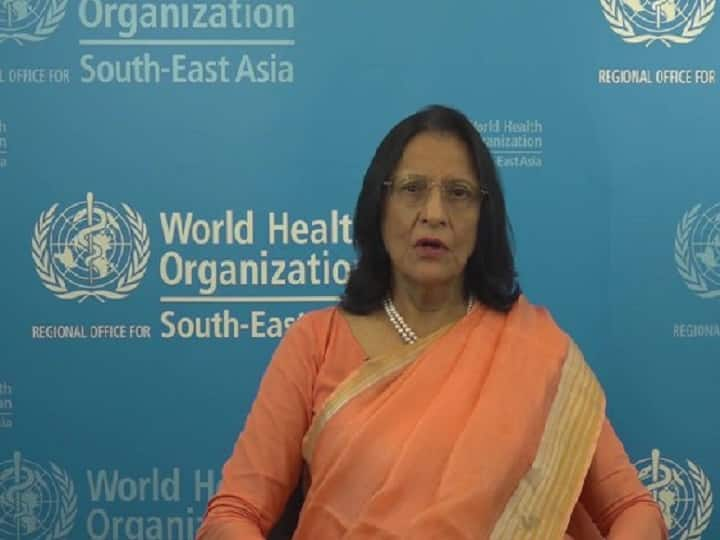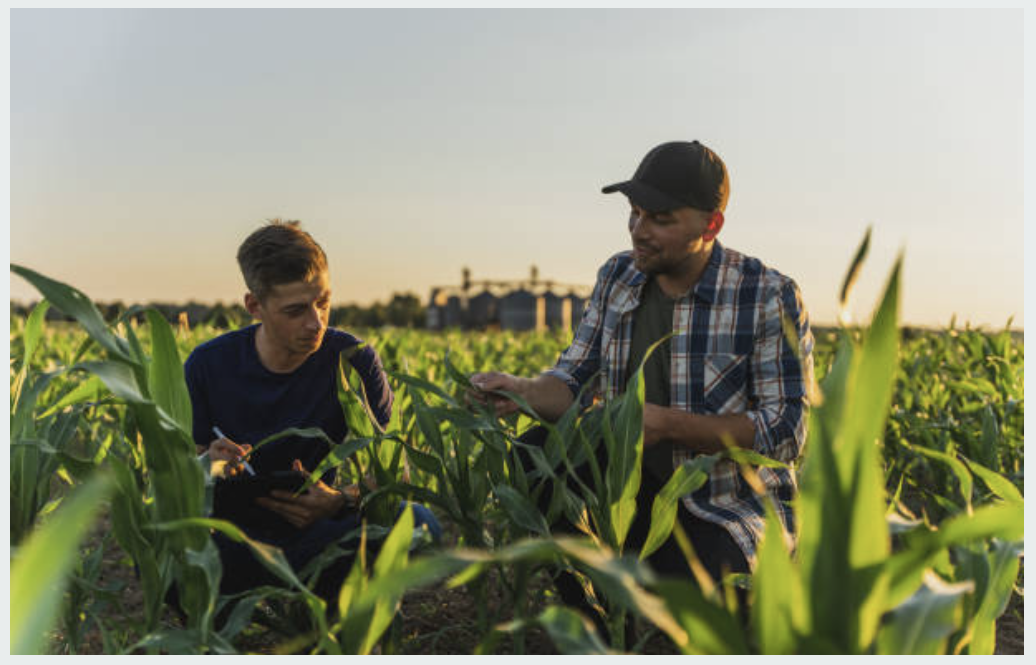[ad_1]
The Lagos State Ministry of Agriculture has trained and empowered 500 rice farmers across the state.
Speaking during the Training and Empowerment programme, Oluwarotimi Fashola, the special adviser to Lagos State Governor on Agriculture said that the programme is designed to improve rice paddy in order to add value to rice production to improve its nutritional values.
“This training will bring about standardised farming techniques, set good quality for rice production which can compete with international value,” she said.
Fashola stated that the state ’s economic has great advantage with the high population dynamics on people consumptions of of rice imported in the country which reduce with the improvement of the quality of the local rice production of the famers in the state.
He stated that the state government has invested to develop agriculture production of the rice value chain, saying in year 2008 and 2015, over 1000 youths in the State were trained and empowered to enact the modern agricultural rice farming techniques process.
Read also: Anambra: Farmers to get N43m grant for dry season farming
With these training process, includes, production, processing and packaging of Eko Ofada and Eko rice. Hinting that the success of the programme has led to the establishment of the first Integrated Rice Mill in South Western Nigeria at Imota, having production capacity of about 12,000 tons annually, he noted.
He said that the state government has also initiated partnership with Northern State Governments on rice farming Production and employment opportunities with revenue generation for them.
This therefore calls for huge investment in paddy aggregation, rice production technology, extension services, land opening and mechanization of the production processes.
However, the government has realized that such investment may not yield expected dividend without an investment in the capacity building and training of Rice farmers in the State.
He however assured that by December 2022, the Imota Rice mill would have commenced production.
Also speaking at the event, Abisola Olusanya, the commissioner for Agriculture, implored the beneficiaries to ensure they put to practice all knowledge impacted on them during the training.
She said though the empowerment is still not enough to go round all rice farmers in the state, it will do a lot to assist the farmers on their various farms.
She said the knapsack sprayer, fertilizer and faro 44 rice seedlings they were empowered with will assist them to a large extent if they follow all they have learnt at the training, adding that the Lagos State Government is ready to buy their paddy from them.
Kehinde Joseph, chairman, House Committee on Agriculture, during his goodwill message to the beneficiaries, implored the 500 beneficiaries never to let the Lagos State Government down but ensure they perform beyond expectations by setting International standard in their produce.
He disclosed that for every single beneficiary empowered that means the government has empowered four or five persons in a family.
[ad_2]
Source link










